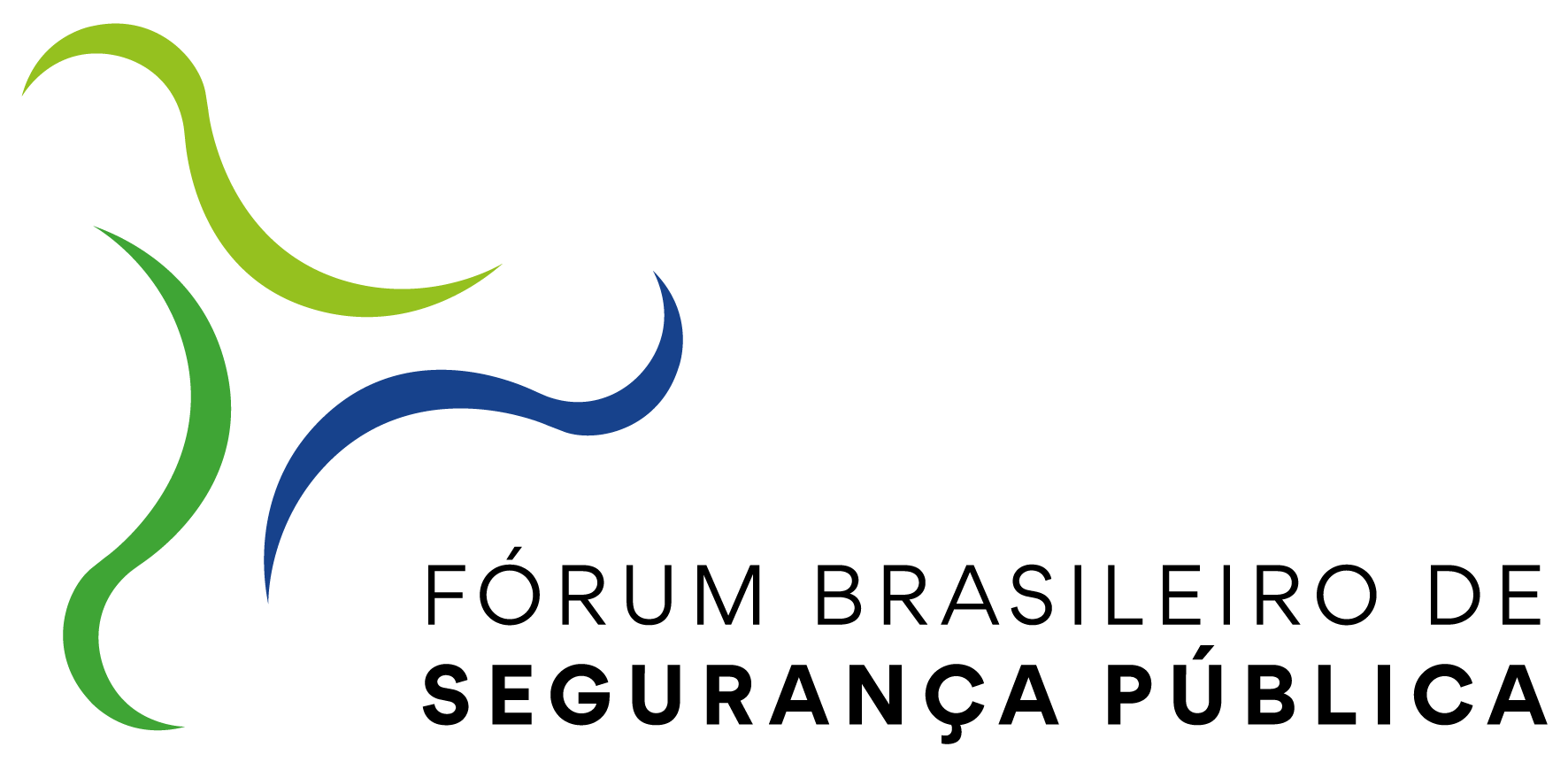On limits and possibilities of civil society participation in public security policy – Pacto Pela Vida
DOI:
https://doi.org/10.31060/rbsp.2019.v13.n1.1034Keywords:
Participation, Pacto pela Vida, PernambucoAbstract
This study proposes to analyze - with the use of the qualitative methodology - some implications of the public policy of security Pacto Pela Vida (PPV) promoted by the Government of the State of Pernambuco between 2007 and 2016, verifying how this policy was constructed with the social participation from the formulation of the strategies to their execution. What stimulated us to reflect on this theme was the presence in the spaces of participation of organized civil society during the construction of the PPV. The cases of the Pernambuco Security Forum, the State Plan for Public Security, Technical Chambers and the Management Council were considered. In this work, we analyze the interaction and negotiation of the actors of organized civil society with the institutional actors in charge of the development of this security policy and the social sustainability of the plan. The results of this research were confronted with four other similar studies that were carried out in Recife (Ratton, 2014, 2016); in Rio de Janeiro (Paes, 2010) and in São Paulo (Sinhoretto, 2010). The data of this research were collected as part of a national survey carried out in three Brazilian capitals: Recife, Belo Horizonte and São Paulo (Antunes, Sinhoretto, Ratton, 2016).
Downloads
References
AVRITZER, Leonardo. Cultura política, atores sociais e democratização. Uma crítica às teorias da transição para a democracia. Revista Brasileira de Ciências Sociais, São Paulo, n. 28, p. 109-122, jun. 1995.
AVRITZER, Leonardo. Sociedade civil e Estado no Brasil: da autonomia à interdependência política. Opinião Pública, Campinas, v. 18, n. 2, nov. 2012, p. 383-398.
LAPERRIÈRE, Anne. A teorização enraizada (grounded theory): procedimento analítico e comparação com outras abordagens similares. In: PIRES, Álvaro et al. A Pesquisa Qualitativa. Enfoques Epistemológicos e Metodológicos. Petrópolis, RJ: Vozes, 2008, p. 353-385.
LIMA, Renato; RATTON, José Luiz; AZEVEDO, Rodrigo (Orgs.). Crime, Polícia e Justiça no Brasil. São Paulo: Contexto, 2014. Pacto pela vida.
RAMOS, Leonardo C. S. A Sociedade Civil em Tempos de Globalização: Uma Perspectiva Neogramsciana. Dissertação (Mestrado em Relações Internacionais) – Pontifícia Universidade Católica do Rio de Janeiro, Rio de Janeiro, 2005.
RATTON, José Luiz et al. (Org.). I Plano Estadual de Segurança Pública de Pernambuco. Recife: Governo do Estado de Pernambuco, 2007.
RATTON, José Luiz. Pacto pela Vida: o que funcionou, o que não funcionou, o que é promissor. Mimeo, 2015.
RATTON, José Luiz; GALVÃO, Clarissa; FERNANDEZ, Michelle. O pacto pela vida e a redução de homicídios em Pernambuco. Rio de Janeiro: Instituto Igarapé, ago. 2014. Artigo estratégico.
SILVEIRA, Raul; RATTON, José Luiz; MENEZES, Tatiane; MONTEIRO, Circe. Avaliação de Política Pública para redução da criminalidade violenta: o caso do Programa Pacto pela Vida do estado de Pernambuco. In: ENCONTRO NACIONAL DE ECONOMIA, 41, 2013, Foz do Iguaçu. Anais eletrônicos... Foz do Iguaçu: Associação Nacional dos Centros de Pós-Graduação em Economia, 2013.
SINHORETTO, Jacqueline. Segurança Pública e encarceramento no Brasil: articulações e tensões entre políticas e práticas. Pensando a segurança pública. 5 ed. Brasília, DF: Ministério da Justiça/SENASP/PNUD, set. 2016.
SOUZA, Letícia Godinho. A participação social na segurança pública: desenhos e resultados institucionais. Palestra realizada no Centro de Estudos de Criminalidade e Segurança Pública (CRISP/UFMG). Belo Horizonte, 13 maio 2016.
SOUZA, Letícia Godinho. Segurança pública, participação e a 1ª Conseg. Revista Brasileira de Segurança Pública, São Paulo, ano 4, ed. 7, 2010.
Downloads
Published
How to Cite
Issue
Section
License
Copyright (c) 2019 Revista Brasileira de Segurança Pública

This work is licensed under a Creative Commons Attribution 4.0 International License.
Licensing
The Brazilian Journal of Public Security uses the Creative Commons License as a form of licensing for its published works. The license used follows the CC BY 4.0 - Attribution 4.0 International model.
To see the permitted rights please go to the full licence or to our Copyright and Licensing page.



